While there are currently no federal limits on arsenic levels in most food, the Food and Drug Administration announced today that it’s taking steps aimed at reducing inorganic arsenic in at least one product, infant rice cereal. [More]
arsenic
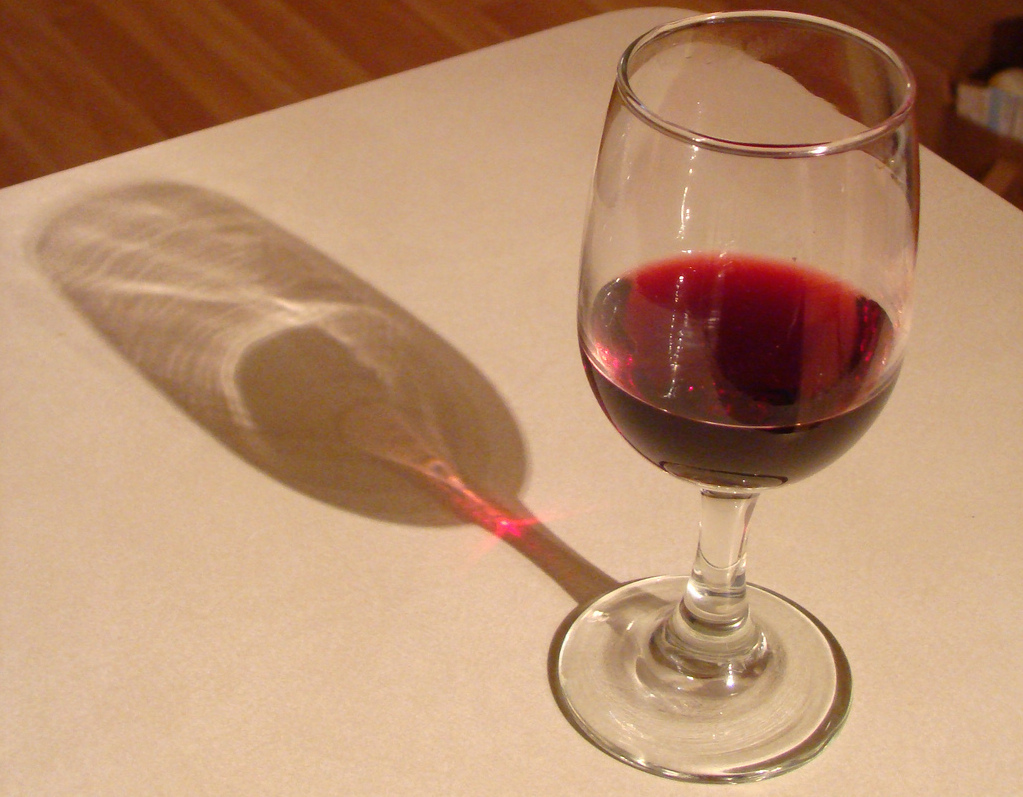
Lawsuit Claims Several Brands Of Wine Contain “Very High” Levels Of Arsenic
Before you tip back a glass of your favorite wine to salute the glorious arrival of the weekend, you might want to consider how you feel about potentially drinking arsenic: A new lawsuit claims that some low-cost brands from various winemakers have “very high” levels of arsenic in their products. [More]
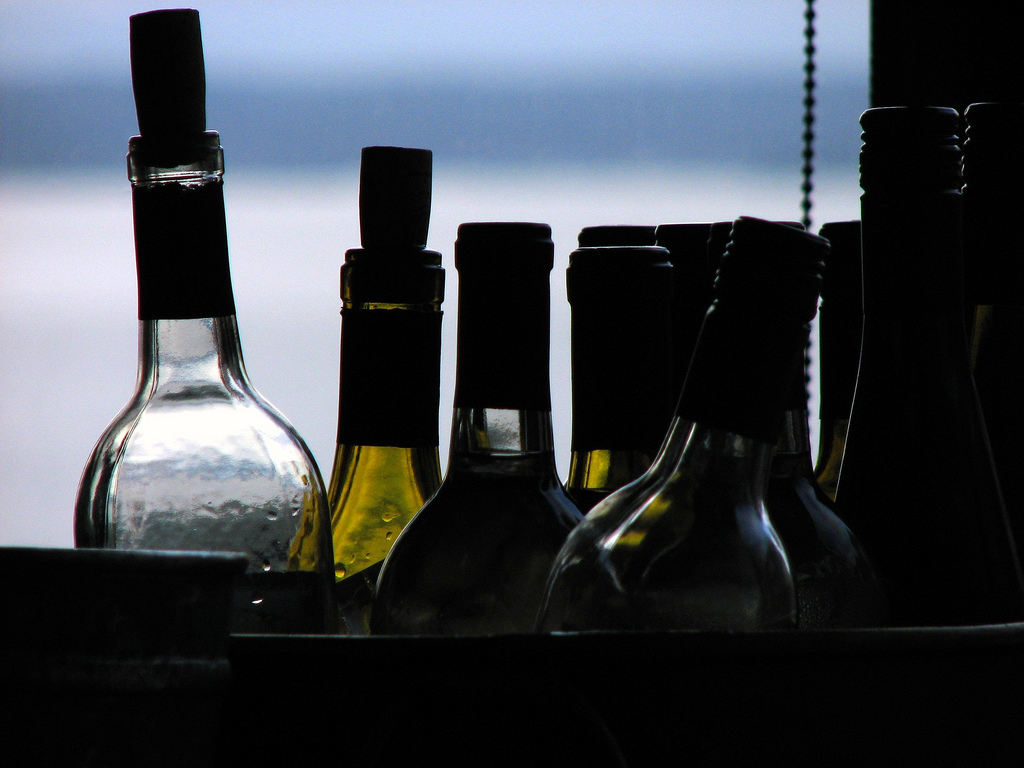
California Suing Wine Bottle Maker Over Claims That It Uses Glass Containing Toxic Materials
While acknowledging that a California glass company isn’t necessarily posing any threat to consumers with its actions, state officials are suing a Modesto business that it says recycles hazardous materials illegally and includes them in new wine bottles. [More]
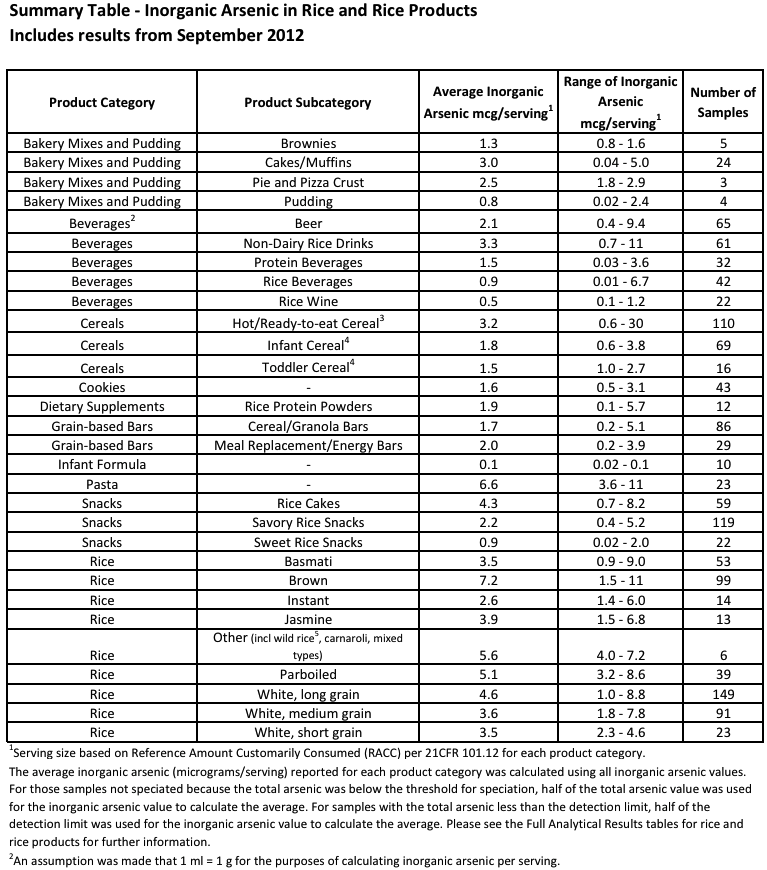
FDA Tests Confirm Presence Of Arsenic In Rice Products
Almost exactly one year after our cohorts at Consumer Reports found arsenic in a wide range of rice products — from instant rice to baby food to rice milk to cereal — the Food and Drug Administration has released the results of its own research on the topic, effectively confirming CR’s findings and suggestion that consumers vary the types of grains they eat. [More]
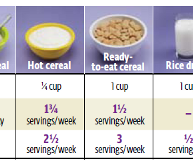
So There’s Arsenic In My Rice… What Can I Do About It?
Earlier today, we told you about the Consumer Reports study that found varying levels of inorganic arsenic — a known carcinogen — in a wide variety of rice products. Since so many of us chow down on rice in some form on a regular basis, should we be worried? [More]
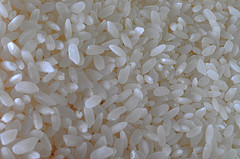
Consumer Reports Investigation Finds Arsenic In Variety Of Rice Products
Rice is one flexible little grain. It’s found in cereal (hot and cold), baby food, rice cakes, crackers, pasta, vinegar, syrup, flour and beverages. But a new Consumer Reports study of 60 rice products found varying levels of no one’s favorite ingredient: Arsenic. [More]
Lawmakers Announce Legislation To Set Limits On Arsenic & Lead In Fruit Juice
In the wake of a recent Consumer Reports investigation that found high levels of arsenic and lead in a number of fruit juices, Congressman Frank Pallone of New Jersey and Connecticut Congresswoman Rosa DeLauro today announced the “Arsenic Prevention and Protection from Lead Exposure in Juice (APPLE Juice) Act of 2012,” which would require the Food and Drug Administration to set standards for arsenic and lead in fruit juices. [More]
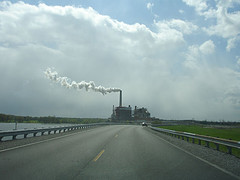
EPA Announces New Standards To Reduce Mercury Contamination From Power Plant Emissions
This morning, the Environmental Protection Agency announced its new Mercury and Air Toxics Standards, a set of national regulations aimed at reducing power plant emissions of mercury and toxic air pollution like arsenic, acid gas, nickel, selenium, and cyanide. [More]
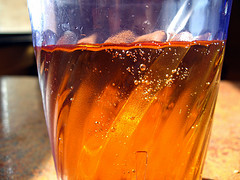
High Arsenic & Lead Levels In Juice: What Parents Should Do About It
After our wise older siblings at Consumer Reports published an investigation into apple and grape juice, finding high levels of arsenic and lead levels in a concerning percentage of samples, parents should know what actions to take to keep their children healthy. [More]
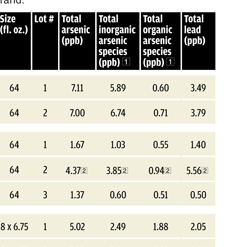
Consumer Reports Study Finds High Levels Of Arsenic & Lead In Some Fruit Juice
While federal standards set limits for the amount of arsenic and lead in tap and bottled water, but no such hard line exists for fruit juices, even though such drinks are dietary staples of children. Thus, our cousins-in-arms at Consumer Reports set to testing some juices, only to turn up results that should cause concern among parents and lawmakers. [More]
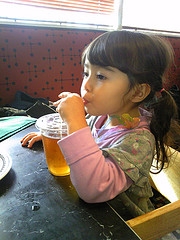
There's Arsenic In The Apple Juice
With all the things on your mind, the last thing you need to worry about is whether the apple juice you finally convinced your kid to drink has arsenic in it. But an independent lab test of several different brands of apple juice, sponsored by Food & Water Watch and Empire State Consumer Project found a sample of Mott’s Apple Juice contained 55 parts per billion of arsenic, exceeding the EPA tolerance level of 10 parts per billion. The FDA does not have a set tolerance level for juice. [More]



